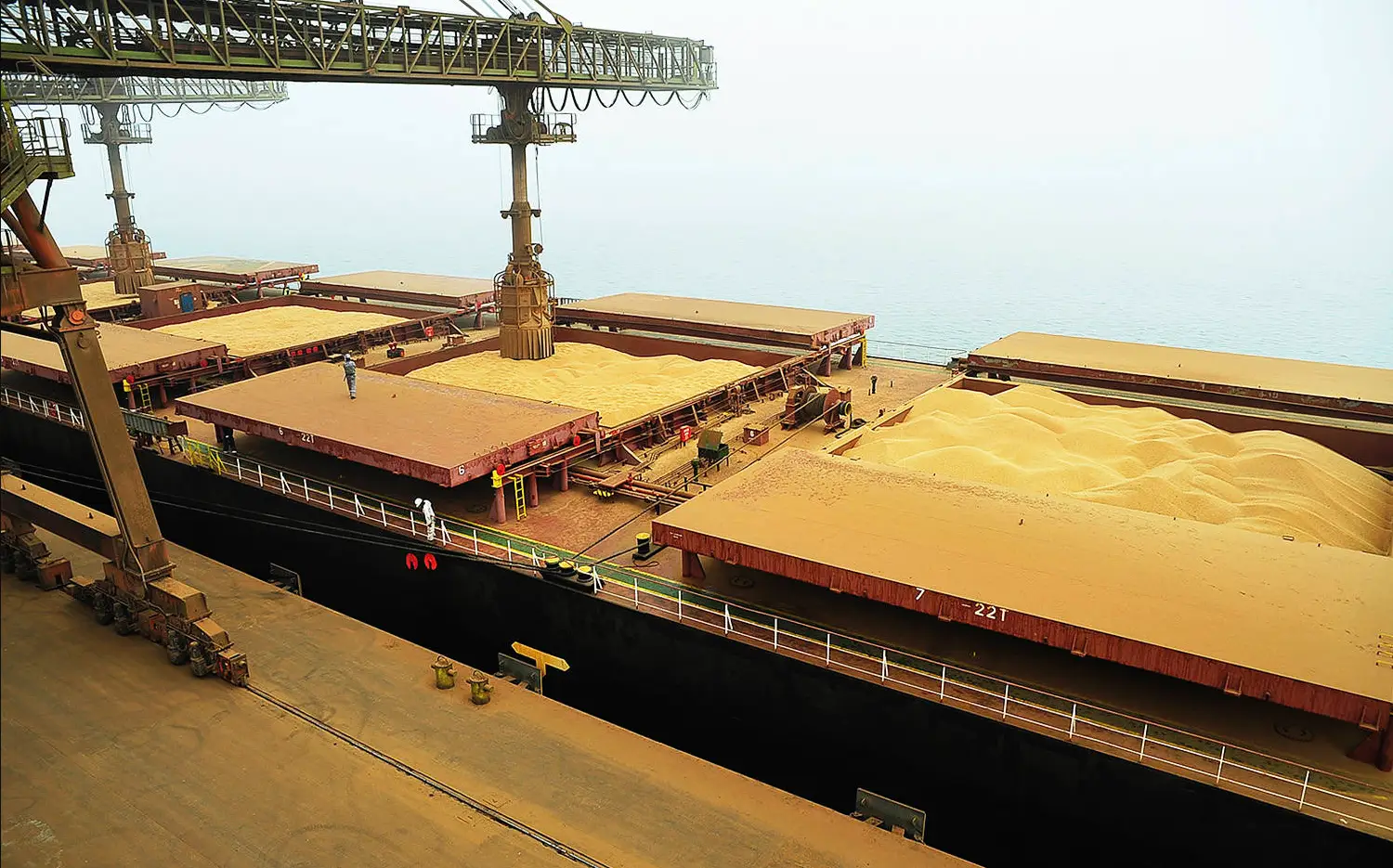Latin America remains trapped in an economic model that condemns it to dependence on the export of commodities. While China, the United States, and the European Union sustain their development on high value-added manufacturing, technological innovation, and services, our region continues to sell oil, copper, soybeans, coffee, and minerals as if time had stood still. More than half of our exports are raw materials with little local processing. And although there are exceptions, such as Mexico in the automotive sector or Brazil with the aerospace industry, the regional pattern is clear: we live off what the land and subsoil provide, not what our universities and innovation centers manage to build.
This lag is no coincidence but the direct consequence of an educational system that does not respond to 21st-century needs, insufficient public investment, and a development vision that never prioritized knowledge as the central driver. According to UNESCO, Latin America invests an average of 4.3% of GDP in education, well below the recommended 6%. Countries like Haiti barely reach 1.2%, while others like Bolivia approach 8%, but with serious quality deficiencies. The result is that nearly one-third of teenagers do not finish high school, and among the poorest, the chances of completing school drop drastically. In other words, we build societies where education continues to be a privilege, not an effective right.
A region that educates poorly, abandons its youth along the way, and fails to connect universities with industries is destined to remain a provider of raw materials. It is no surprise, then, that our labor productivity is stagnant, 70% of the workforce survives in informality, and formal jobs with prospects are scarce. According to the World Bank, almost 30% of companies in Latin America cannot grow due to a lack of skilled workers. This shortage is the result of a system that never modernized nor understood that developing human capital is the only way to compete in a world where innovation rules.
The problem worsens with brain drain. When a professional of excellence is trained, opportunities in the region are so limited that talent emigrates. The United States, Europe, and, more recently, China have become recipients of Latin American scientists, engineers, doctors, and researchers. Just look at Venezuela, where according to recent studies, a considerable proportion of migrants hold university or postgraduate degrees. The Inter-American Development Bank notes that more than half of Venezuelan emigrants have higher education. This talent drain left hospitals without doctors, universities without professors, and companies without engineers.
While Venezuela is an extreme case, the pattern repeats in countries like Argentina, Peru, or Colombia, where qualified migration exceeds 10% of trained professionals. We export oil and copper, but we also export brains, and in both cases, the added value is captured elsewhere.
This combination of low-quality education, talent flight, and lack of investment in research directly impacts employment. It is no coincidence that the region suffers persistent poverty rates, even during commodity booms. Jobs generated in extractive or agricultural sectors are often unstable, poorly paid, and with few opportunities for advancement. Without diversifying into more complex industries, millions of workers remain trapped in low-value activities.
While Latin America sends ships full of soybeans, iron ore, copper, or crude oil to the world, China exports more than 90% in manufactured goods, such as electronics, machinery, textiles, and chemicals. The European Union surpasses 70% in high-value manufacturing, with industries such as pharmaceuticals, automotive, or aerospace. The United States, in addition to exporting manufacturing, has become the great exporter of technological and financial services.
Dependence on primary products not only makes us poorer but also more vulnerable. We are hostages of commodity cycles we cannot control. In contrast, those who invest in innovation and manufacturing generate resilience, since their value does not depend on climate or geopolitical conflict, but on the capacity of their industries and people.
Can we break out of this cycle?
Yes, but it will not be fast. International examples show that a process of productive transformation based on education and innovation requires at least a decade of sustained investment. To start, Latin America should increase educational spending to 6% of GDP, improve teaching quality, reduce dropout rates, and strengthen the link between universities and businesses. At the same time, greater resources must be allocated to research and development. Today we invest just 0.7% of GDP in R&D, while OECD countries average 2.4%.
Overcoming dependence on primary goods also requires policies to retain and repatriate talent. It is not enough to train professionals; we must offer real opportunities for them to conduct research, start companies, or lead industries from within the region. Some Eastern European countries managed to reverse brain drain when they created competitive environments, quality infrastructure, and support for entrepreneurship. Latin America should learn from those experiences. The path is not easy, but it is unavoidable.
Investing in education, science, and technology is not a luxury, it is urgent. And while quantitative results will not be immediate, sustained commitment over a generation could change the region’s destiny.
Latin America does not lack talent or resources, but vision. Unless we understand that oil and lithium are worth less than a patent, that a ton of copper generates less wealth than software, and that a soybean field will never replace an innovation hub, we will remain condemned to live off the past. History does not change by itself—it changes with political will. Only then will we stop exporting raw materials and brains to finally become exporters of knowledge.
*Machine translation, proofread by Ricardo Aceves.














